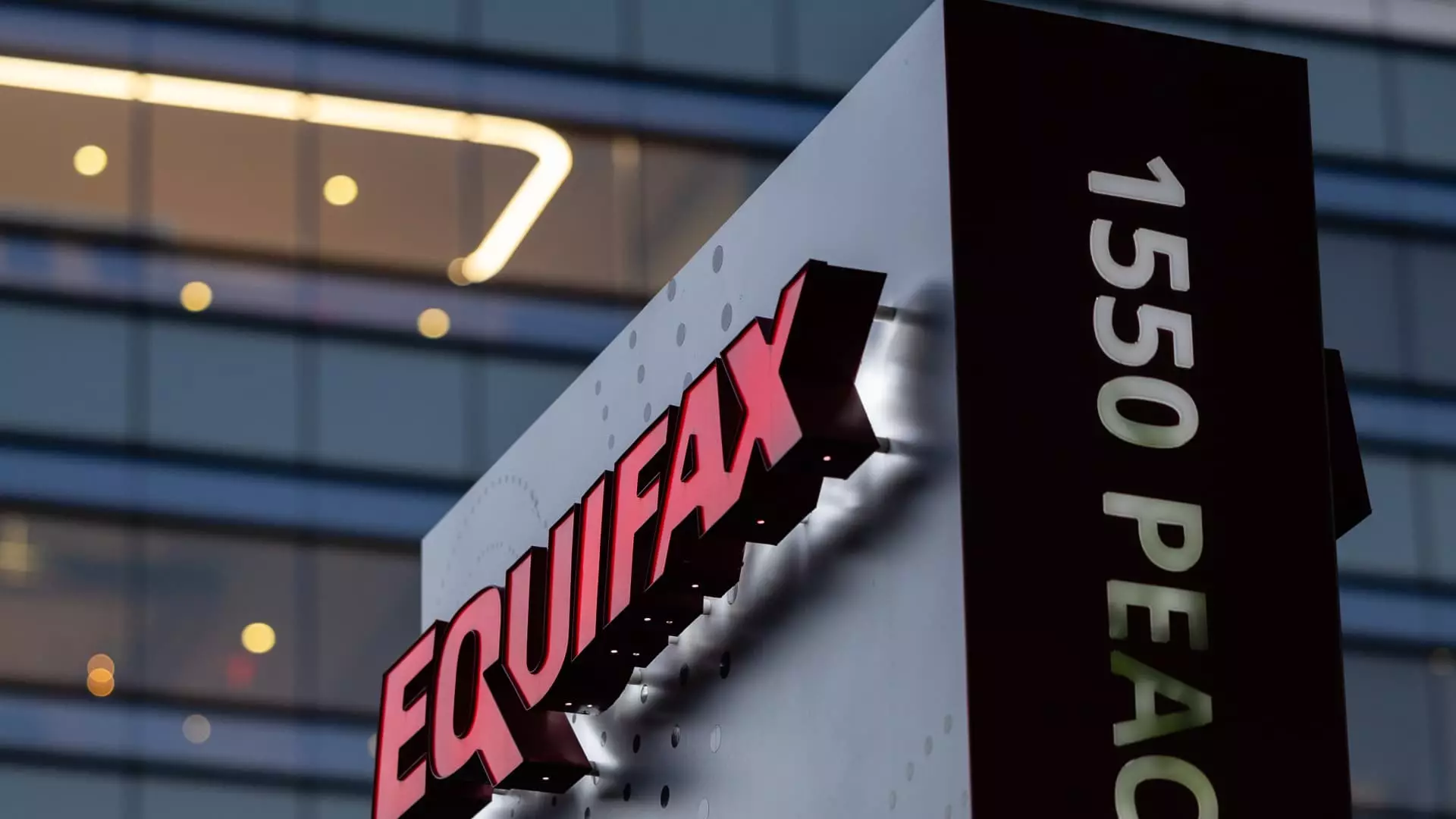The Consumer Financial Protection Bureau (CFPB) recently imposed a hefty $15 million fine on Equifax, one of the largest credit reporting agencies in the United States. This penalty was primarily due to significant errors linked to consumer credit reports, as Equifax allegedly failed to properly investigate disputes raised by consumers. The CFPB’s announcement serves as a stark reminder of the responsibilities that credit reporting agencies have in ensuring accurate reporting and ethical handling of consumer data.
Credit reporting agencies like Equifax, along with Experian and TransUnion, play a pivotal role in the financial ecosystem by maintaining records of consumer borrowing behaviors. These reports can significantly influence individuals’ financial decisions, affecting their ability to secure loans, attain employment, or even rent properties. Due to the sensitive nature of this information, it is imperative that these agencies maintain high standards of accuracy and integrity.
The allegations against Equifax are deeply concerning, particularly in the context of consumer trust. According to the CFPB, Equifax disregarded consumer-submitted documentation during disputes and allowed errors previously flagged and rectified to reappear in consumer reports. This mismanagement raises questions about their internal processes and the adequacy of their dispute resolution methods.
Adam Rust, a prominent figure at the Consumer Federation of America, indicated that the implications of errors on credit reports can be grave. From loan applications to job opportunities, many aspects of an individual’s life hinge on their creditworthiness, underscoring the substantial impact of inaccurate reporting. Given Equifax’s staggering statistic of processing around 765,000 consumer disputes monthly, one can hardly overlook the volume of potential mistakes and their ramifications.
The investigation by the CFPB revealed that these failures had been ongoing since at least October 2017, countless consumers were left vulnerable to the consequences of inaccurate information and the ineffectiveness of the credit reporting agency’s policies. Such allegations are not new; credit bureaus have frequently been subjected to scrutiny for similar violations of the Fair Credit Reporting Act, highlighting a systemic issue within the industry.
In response to these allegations, Equifax emphasized their commitment to rectifying their processes and improving their systems. The company has reportedly invested over $1.5 billion in recent years toward technology upgrades and process improvements, especially focusing on the dispute resolution mechanism. They proclaimed their mission is to empower consumers in their financial lives, acknowledging that “even one error affecting a consumer is one error too many.”
Despite the financial repercussions and the potential damage to consumer trust, it is vital to note that the path to restoration will likely be long and arduous. The $15 million civil penalty is merely a fraction of the cost associated with rectifying systemic failings, and Equifax has much work ahead to regain consumer confidence.
Furthermore, Equifax’s cautionary tale does not exist in isolation. The recent lawsuit against Experian, which accused the agency of conducting sham investigations into credit report errors, indicates that the credit reporting industry’s challenges are far-reaching. Chi Chi Wu from the National Consumer Law Center noted that these recurring issues have persisted for decades, underlining a critical need for industry-wide reform.
In light of these developments, consumer empowerment has never been more critical. Experts like Adam Rust recommend that individuals actively monitor their credit reports at least once a year and before applying for credit, loans, or employment. Checking for discrepancies in personal information and account statuses is crucial to safeguarding one’s financial health.
Luckily, the three major credit bureaus provide consumers with a free copy of their credit report once a week through AnnualCreditReport.com, enabling proactive measures against potential errors. If a consumer identifies an inaccuracy, it is crucial to file disputes with thorough documentation via postal mail, ensuring the dispute is recorded, as research suggests that mail correspondence often yields better results compared to online submissions.
Moreover, establishing a relationship with legal professionals specializing in consumer rights, such as those affiliated with the National Association of Consumer Advocates, can prove beneficial for individuals facing persistent inaccuracies.
The fine imposed on Equifax serves as a crucial wake-up call not only for the company but also for consumers across the nation. As reliance on credit reports grows, maintaining the accuracy of such data becomes even more significant. Consumers must be vigilant and proactive, as they navigate the complex landscape of credit reporting. The importance of reforming industry practices is undeniable, especially as the stakes for consumers continue to rise. Ultimately, a collective effort between consumers, advocacy groups, and regulatory bodies may pave the way for a more equitable system.

